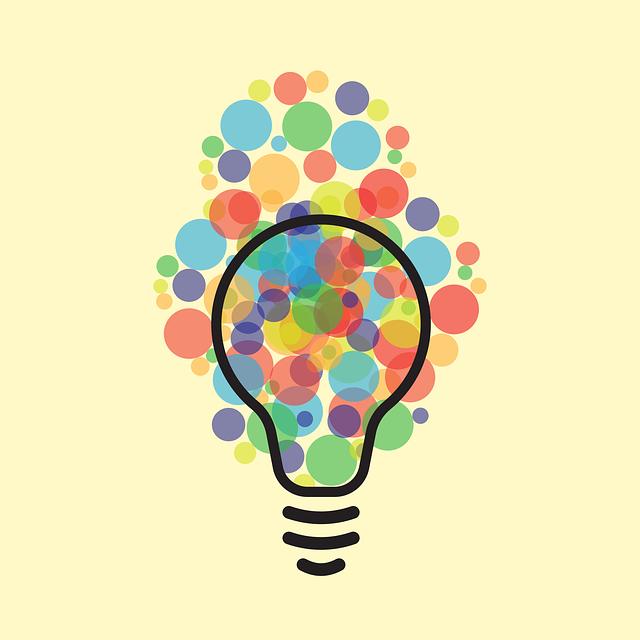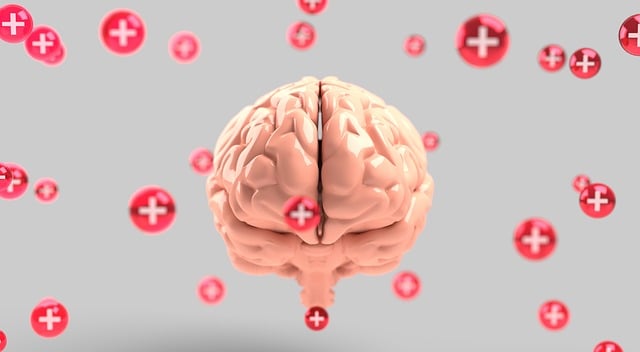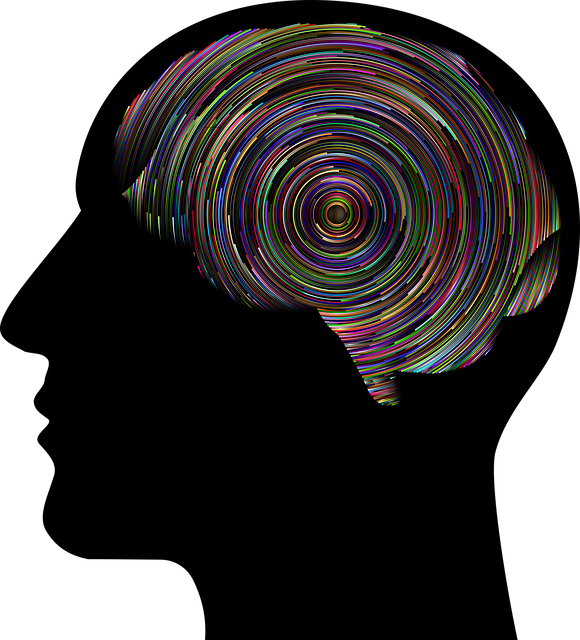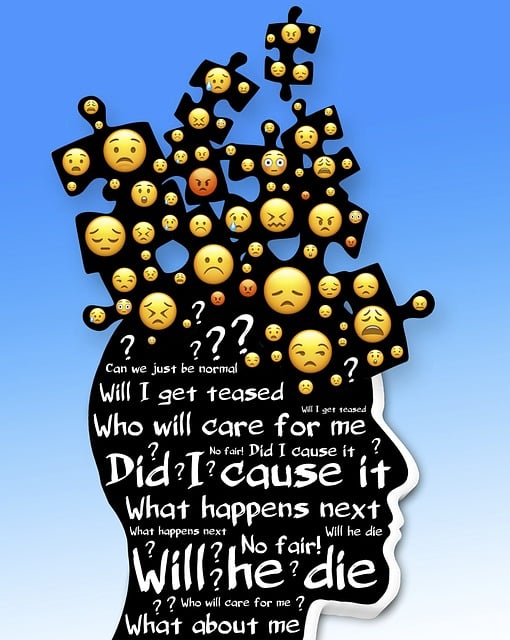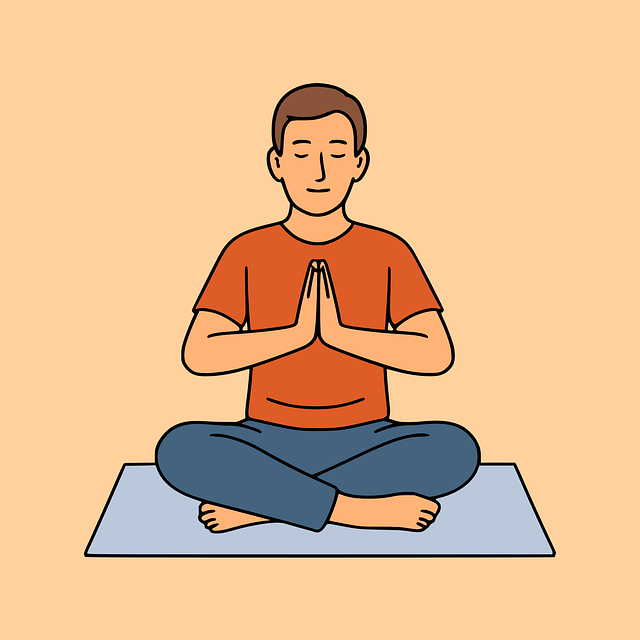In the digital age, online interactions impact mental wellness, presenting challenges like anxiety, depression, cyberbullying, and screen addiction. Apps for mental wellness, particularly tailored for issues like Littleton Sexual Dysfunction Therapy (LSDT), offer accessible tools integrating evidence-based practices and self-awareness activities to foster resilience and personal growth. These apps encourage empathy building and provide discrete platforms for users, leveraging AI to personalize interventions based on individual needs, mood patterns, and feedback. Prioritizing privacy, ethics, and user safety is crucial; apps must adhere to regulations like GDPR or HIPAA and implement robust security measures while offering trauma support services and emotional intelligence features to enhance positive mental health outcomes.
In the digital age, mental wellness app development has emerged as a powerful tool for improving access to care. With increasing awareness about the prevalence of mental health issues, personalized therapy apps offer a convenient and discrete solution. This article explores key aspects of creating effective mental wellness apps, including understanding digital-age mental health, identifying the need for tailored therapies, exploring AI’s role, addressing privacy concerns, and ensuring ethical practices, particularly focusing on conditions like Littleton Sexual Dysfunction Therapy.
- Understanding Mental Health and Wellness in the Digital Age
- Identifying the Need for Personalized Therapy Apps
- Features and Functionality: Designing Effective Mental Wellness Tools
- The Role of AI and Therapeutic Techniques in App Development
- Privacy, Ethics, and Ensuring User Safety in Mental Health Apps
Understanding Mental Health and Wellness in the Digital Age

In the digital age, understanding mental wellness extends beyond traditional therapy and encompasses a diverse range of factors influenced by our online interactions and virtual environments. The rise of remote communication and social media has brought new complexities to mental health, from increased anxiety and depression to unique challenges like cyberbullying and screen addiction. Apps designed for mental wellness play a pivotal role in navigating these contemporary issues, offering accessible tools that cater to a broader spectrum of users’ needs.
For instance, apps focused on Littleton Sexual Dysfunction Therapy provide specialized support through digital platforms, integrating evidence-based practices into daily routines. Beyond therapy, features like confidence-boosting exercises and self-awareness activities have proven effective in fostering resilience and personal growth. Additionally, empathy-building strategies within these apps encourage users to cultivate understanding and compassion towards themselves and others, contributing to a more supportive online community.
Identifying the Need for Personalized Therapy Apps

In today’s fast-paced world, the demand for accessible and personalized mental wellness solutions is more pronounced than ever. Traditional therapy methods often fall short in catering to individual needs, especially when addressing specific issues like Littleton Sexual Dysfunction Therapy (LSDT). Apps that offer tailored therapeutic experiences bridge this gap, ensuring users receive support that resonates with their unique challenges. By leveraging technology, these digital tools enable people to actively participate in their emotional well-being promotion techniques, fostering a sense of agency and empowerment.
Cultural sensitivity is another critical aspect that sets apart effective mental health apps. Recognizing the diverse backgrounds and experiences of users, developers must integrate practices that reflect cultural competency, ensuring every individual feels seen and understood. This approach not only enhances the app’s appeal but also improves user engagement and outcomes, addressing burnout prevention by providing a more inclusive and supportive digital therapeutic environment.
Features and Functionality: Designing Effective Mental Wellness Tools

Effective mental wellness app development involves carefully designing tools that cater to a wide range of user needs. Features should include personalized plans tailored to individual mental health goals, incorporating evidence-based practices like cognitive behavioral therapy (CBT) and mindfulness exercises. Integrating features such as mood tracking, meditation guides, and access to professional support through video conferencing or instant messaging can significantly enhance app utility.
For instance, apps aimed at addressing issues like Littleton Sexual Dysfunction Therapy should offer discreet, user-friendly platforms for individuals seeking help. Trauma Support Services can be incorporated through interactive exercises that help users process traumatic memories safely. Additionally, incorporating Risk Management Planning for Mental Health Professionals and Burnout Prevention Strategies for Healthcare Providers ensures the app not only supports end-users but also equips care providers with tools to manage their own mental health while offering services.
The Role of AI and Therapeutic Techniques in App Development

The integration of Artificial Intelligence (AI) and therapeutic techniques is reshaping mental wellness app development. AI algorithms can personalize user experiences by offering tailored interventions based on individual needs, much like Littleton Sexual Dysfunction Therapy adapts to each client’s unique challenges. These apps leverage machine learning to analyze user interactions, mood patterns, and feedback, providing dynamic support that evolves with their progress.
Furthermore, AI facilitates the implementation of Empathy Building Strategies, enhancing user engagement and trust. Through natural language processing, these apps can understand nuances in user communication, offering responses that mirror human empathy. Additionally, AI can assist in managing stress by integrating data from various sources like wearable devices to trigger personalized Stress Management Workshops Organization within the app, promoting proactive mental health maintenance.
Privacy, Ethics, and Ensuring User Safety in Mental Health Apps

In the realm of mental wellness app development, ensuring privacy, ethics, and user safety is paramount. These apps often deal with sensitive personal information, including details about users’ emotional states, experiences with trauma, and even intimate aspects like sexual dysfunction (Littleton Sexual Dysfunction Therapy). Developers must adhere to strict data protection regulations, such as GDPR or HIPAA, to safeguard user privacy. Furthermore, ethical considerations are crucial; apps should promote unbiased and culturally sensitive mental healthcare practices (Cultural Sensitivity in Mental Healthcare Practice), ensuring that users from diverse backgrounds receive appropriate support.
The safety of users is a critical aspect that cannot be overlooked. Mental health apps should implement robust security measures to prevent unauthorized access and data breaches. Features like encryption, secure storage, and user authentication are essential. Additionally, these apps must provide transparent information about data usage, ensuring users understand how their information is processed and protected. Incorporating trauma support services and promoting emotional intelligence can enhance the overall effectiveness of these apps in fostering positive mental health outcomes for all users.
The development of mental wellness apps offers a promising avenue for personalized therapy, especially in addressing issues like sexual dysfunction, as seen in Littleton. By integrating AI and ethical considerations, these applications can provide accessible and effective support for users’ mental health journeys. While privacy and safety are paramount, the potential for enhancing well-being through innovative digital tools is undeniable. As the field advances, continued research and collaboration between developers, therapists, and ethicists will be crucial to creating a robust and supportive digital landscape for mental wellness.


